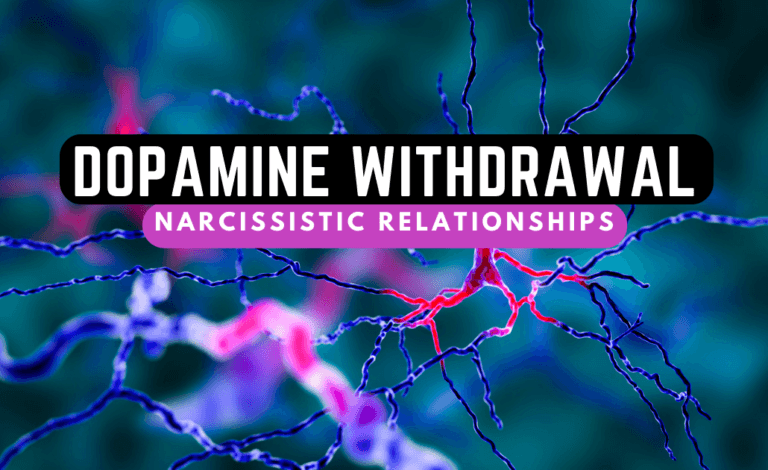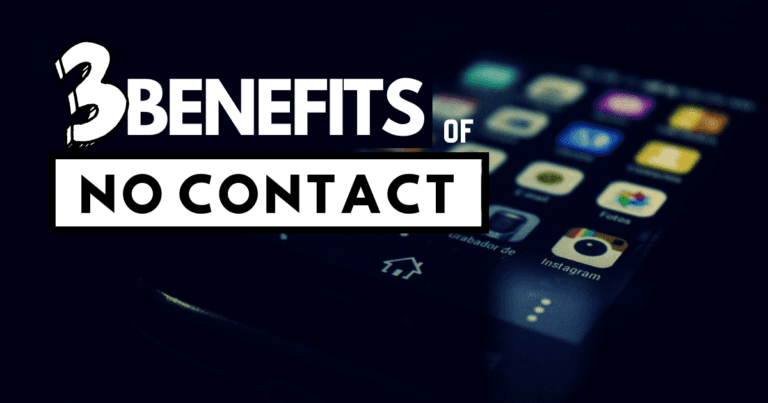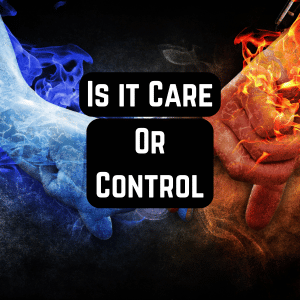Covert Narcissism vs. Overt Narcissism: 7 Key Differences and How to Recognize Them
Covert or Overt Narcissism
Narcissism is a complex personality trait that manifests in different ways. While many people are familiar with the bold, attention-seeking behavior of overt narcissists, there is another, more subtle form known as covert narcissism. Understanding the differences between these two types is essential for recognizing and dealing with narcissists in your life. In this article, we’ll explore the seven key differences between covert and overt narcissism, providing you with the tools to identify each type and protect yourself from their harmful behaviors.
1. Behavioral Expression: Loud vs. Subtle
Overt narcissists are the classic image of narcissism that most people recognize. They are loud, brash, and attention-seeking, often boasting about their achievements and demanding admiration from those around them. Their need for validation is apparent in almost everything they do, making them easy to spot.
Covert narcissists, on the other hand, exhibit their narcissism in much more subtle ways. They may appear shy, reserved, or even humble on the surface, but underneath, they harbor the same grandiose beliefs about themselves as their overt counterparts. Covert narcissists often express their narcissism through passive-aggressive behavior, playing the victim, or manipulating others behind the scenes.
Recognition Tip: If someone constantly needs to be the center of attention and loudly praises their own accomplishments, they might be an overt narcissist. If they seem modest but frequently drop hints about their superiority or manipulate situations to gain sympathy, they might be a covert narcissist.
2. Emotional Manipulation: Direct vs. Subtle
Overt narcissists are more likely to use direct forms of emotional manipulation, such as bullying, intimidation, or blatant gaslighting. Their tactics are aggressive and obvious, often leaving their victims feeling cornered and attacked.
Covert narcissists, by contrast, employ more subtle and insidious forms of manipulation. They might use guilt-tripping, silent treatment, or play the “martyr” to make others feel responsible for their emotions. Their manipulative tactics are harder to detect because they are often disguised as concern or vulnerability.
- Recognition Tip: If someone openly bullies or intimidates others to get what they want, they are likely an overt narcissist. If they make you feel guilty or responsible for their happiness through subtle emotional cues, they may be a covert narcissist.
3. Public Persona: Charismatic vs. Reserved
Overt narcissists tend to have a charismatic and charming public persona. They thrive in social situations, where they can showcase their talents and draw attention to themselves. They are often the life of the party, effortlessly captivating those around them with their charisma.
Covert narcissists are more reserved in public settings. They may come across as introverted or shy, avoiding the spotlight. However, this reserved nature is often a tactic to garner sympathy and admiration in more private settings. They want to be seen as misunderstood geniuses or deep thinkers, which can make them appear more “authentic” to those who don’t know them well.
- Recognition Tip: A person who always seeks the limelight and appears effortlessly charming is likely an overt narcissist. Someone who avoids attention but subtly seeks admiration in one-on-one interactions may be a covert narcissist.
4. Response to Criticism: Outrage vs. Passive-Aggression
Overt narcissists react to criticism with outrage, anger, or outright denial. They cannot tolerate any challenge to their self-image and will go to great lengths to defend themselves, often lashing out at the person who dared to criticize them.
Covert narcissists handle criticism differently. Instead of reacting with anger, they may sulk, withdraw, or engage in passive-aggressive behavior. They might say something like, “I guess I’m just not good enough,” to make the criticizer feel guilty or to subtly undermine the legitimacy of the criticism.
- Recognition Tip: If someone explodes with anger or aggressively defends themselves when criticized, they might be an overt narcissist. If they respond with passive-aggressive comments or by playing the victim, they could be a covert narcissist.
5. Sense of Entitlement: Obvious vs. Hidden
Overt narcissists display a blatant sense of entitlement. They believe they deserve special treatment, admiration, and privileges, often making unreasonable demands on others. Their entitlement is out in the open, and they expect everyone to recognize their superiority.
Covert narcissists also feel entitled, but their sense of superiority is often hidden beneath a façade of humility or self-pity. They may feel that they deserve recognition or special treatment because they have “suffered” more than others or because they believe they are uniquely talented in ways that are underappreciated.
- Recognition Tip: A person who openly demands special treatment and acts as if they are better than everyone else is likely an overt narcissist. Someone who subtly implies they deserve more because of their “unique” circumstances or hidden talents might be a covert narcissist.
6. Empathy: Lack vs. Feigned
Overt narcissists are known for their lack of empathy. They are so focused on their own needs and desires that they are often indifferent to the feelings and needs of others. This lack of empathy is usually quite obvious, as they are dismissive or even cruel to those who seek their compassion.
Covert narcissists can be even more dangerous in this regard because they often fake empathy to manipulate others. They may appear to be sensitive or caring, but this is usually a tactic to gain trust or sympathy, which they can later exploit for their own gain. Their empathy is often performative rather than genuine.
- Recognition Tip: Someone who consistently disregards the feelings of others is likely an overt narcissist. If a person seems empathetic but later uses that empathy to manipulate or control you, they could be a covert narcissist.
7. Grandiosity: Visible vs. Concealed
Overt narcissists are openly grandiose. They talk about their achievements, real or imagined, at every opportunity, and they expect others to recognize their greatness. Their grandiosity is a key part of their identity, and they make sure everyone is aware of it.
Covert narcissists, however, conceal their grandiosity behind a façade of modesty or insecurity. They may not brag openly, but they often hint at their superiority in subtle ways. For example, they might say, “I don’t know why people don’t appreciate my work more,” or “I’ve always been misunderstood.” Their grandiosity is just as strong, but it’s hidden beneath layers of self-pity or false humility.
- Recognition Tip: If someone constantly brags about their achievements and expects others to acknowledge their greatness, they are likely an overt narcissist. If someone downplays their accomplishments while subtly seeking validation, they may be a covert narcissist.
Navigating the Complex World of Narcissism
Understanding the differences between covert and overt narcissism is crucial for protecting yourself from their harmful behaviors. While overt narcissists are easier to spot due to their obvious behavior, covert narcissists can be more challenging to recognize because of their subtle and insidious tactics. By being aware of these seven key differences, you can better identify the narcissists in your life and take steps to protect your mental and emotional well-being.
Whether you’re dealing with an overt or covert narcissist, the key is to set clear boundaries, seek support, and trust your instincts. Narcissists, regardless of their type, can cause significant harm, but with the right knowledge and strategies, you can minimize their impact and reclaim control over your life.
vert narcissism vert narcissism vert narcissism vert narcissism vert narcissism vert narcissism vert narcissism







